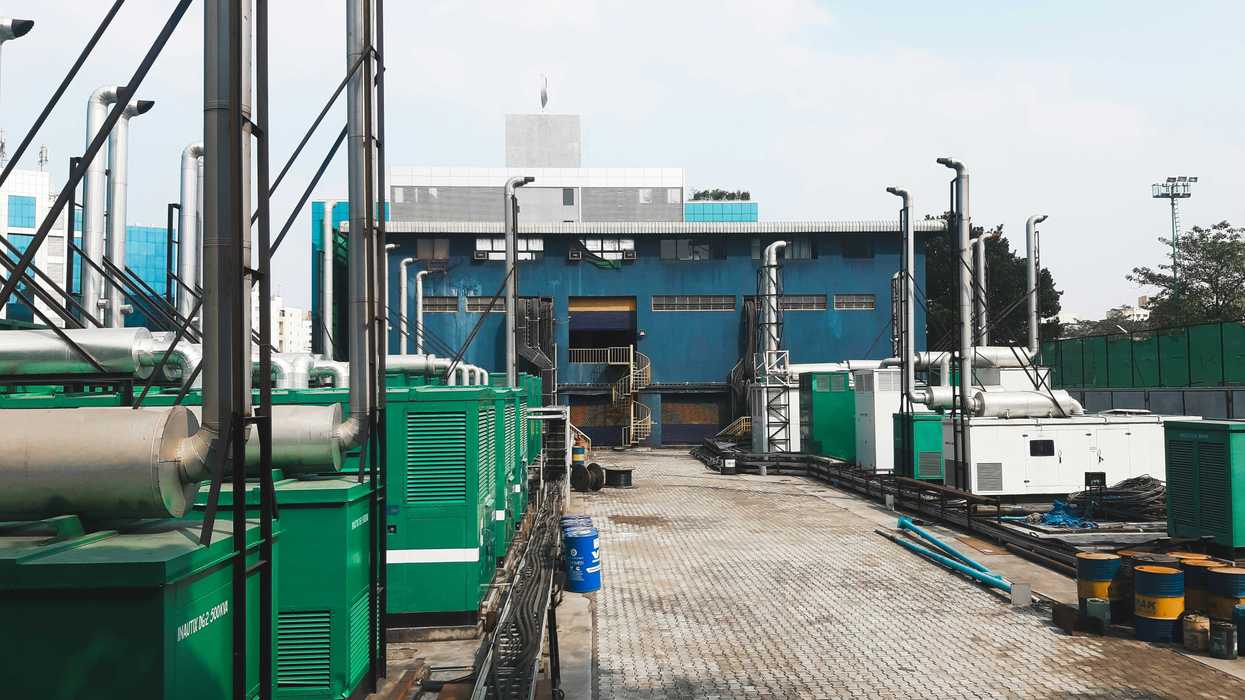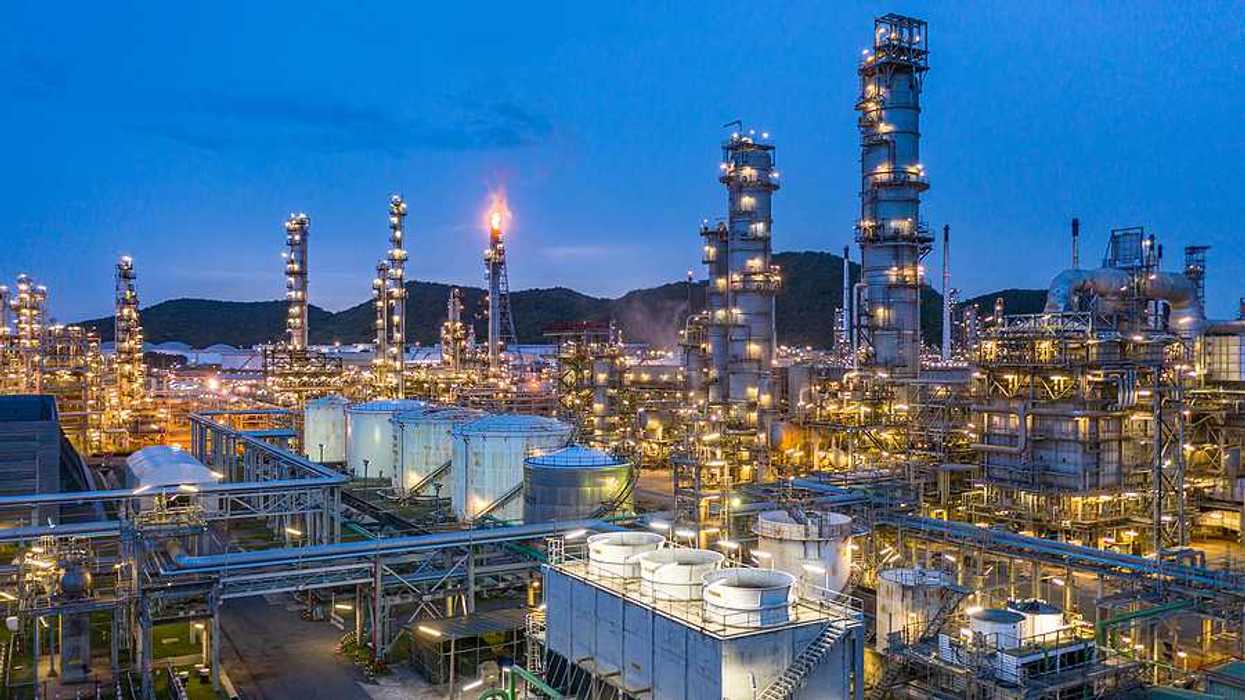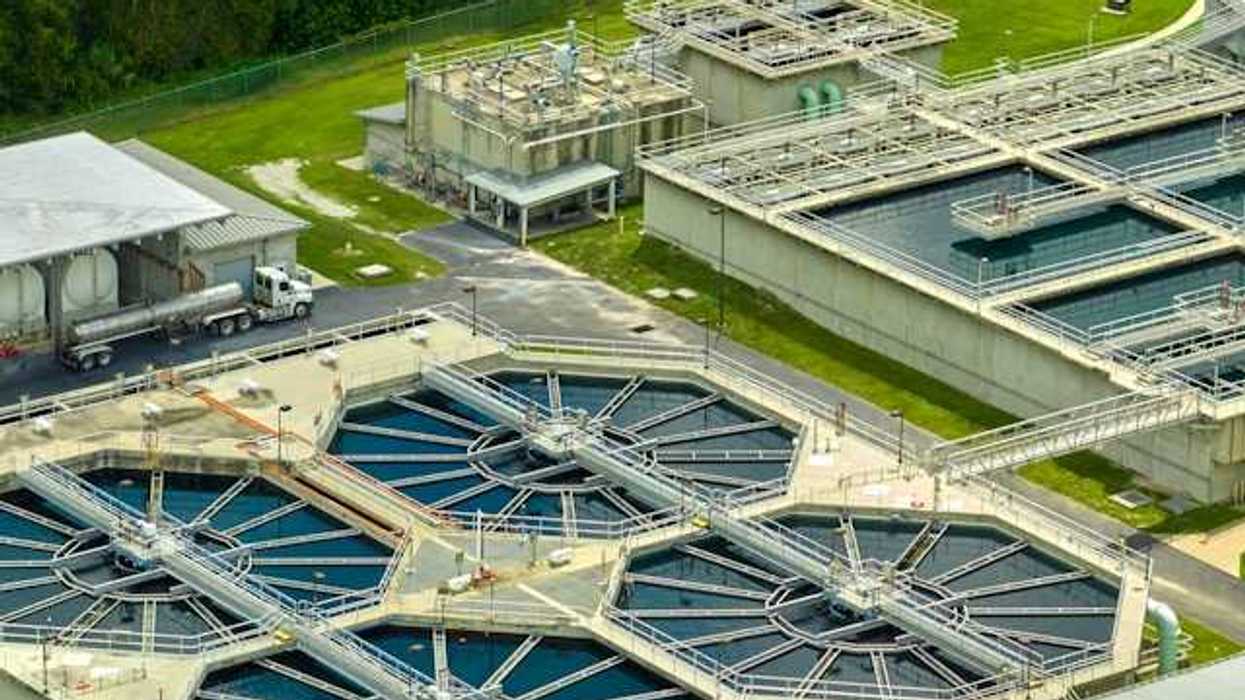The widespread adoption of factory farming presents significant ethical and environmental challenges, with potential solutions involving cultural, political and dietary shifts to more sustainable food systems.
Marina Bolotnikova reports for Vox
In short:
- Factory farming harms billions of animals and contributes to environmental issues like climate change and antibiotic resistance.
- Despite efforts to combat it, factory farming continues to expand globally, driven by the demand for cheap meat.
- There is a push for a more sustainable food system that addresses these issues by changing societal attitudes and policies.
Why this matters:
Factory farming is a major source of greenhouse gas emissions, contributing significantly to climate change. By reevaluating our food production methods, we can improve animal welfare and reduce environmental and health risks, creating a more sustainable future.
Related EHN coverage:














